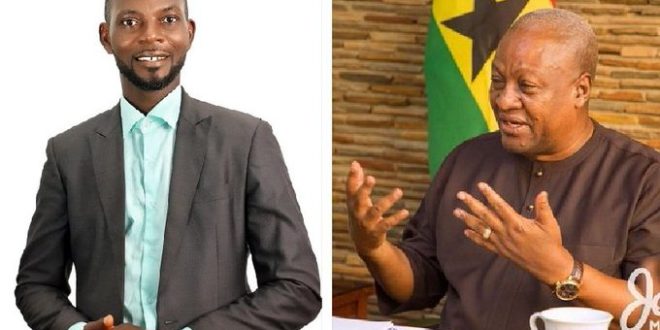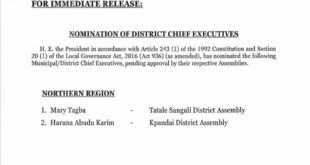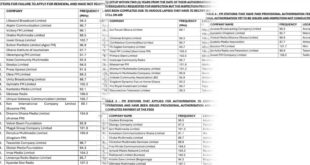A group calling itself Loyal Citizens International (LCI) has said the power purchasing agreements (PPAs) signed by former President John Mahama and which the Akufo-Addo government had no choice but to pay have contributed significantly to the economic woes of Ghana.
According to the group, the concept of “take or pay” power agreements has been a subject of debate in many countries, and Ghana is no exception.
Below is the LCI’s Statement
THE ISSUE OF FORMER PRESIDENT JOHN DRAMANI MAHAMA’S TAKE OR PAY POWER DEBT AND ITS IMPACT ON GHANA’S ECONOMY IS A COMPLEX AND CONTENTIOUS ONE.
The concept of “take or pay” power agreements has been a subject of debate in many countries, and Ghana is no exception. Under these agreements, the government commits to paying for a certain amount of electricity generation capacity, whether it is utilized or not. These agreements are intended to provide incentives for private companies to invest in power generation infrastructure, ensuring a stable energy supply for the country.
However, the criticism of these agreements in Ghana, particularly during John Dramani Mahama’s presidency, revolved around their perceived costliness and the burden they placed on the government and taxpayers. It was argued that Ghana was obligated to pay for excess capacity even when the demand for electricity was lower than expected. The associated costs of unused capacity were indeed significant, and this strained the country’s finances.
The assertion that the World Bank has stated that these agreements negatively affected Ghana’s economy is a serious matter.
The World Bank is a reputable international organization, and its analysis and assessments carry significant weight. If this is indeed the case, it underscores the potential adverse consequences of such agreements on a nation’s economic stability and fiscal health. The economic impact of these payments can be significant.
First, they can lead to budgetary pressures, diverting resources that could have been allocated to other essential public services, such as education, healthcare, and infrastructure development.
Secondly, the cost of these payments can contribute to the accumulation of national debt, which, if not managed carefully, can have long-term negative implications for the country’s financial stability.
The situation also raises questions about transparency and due diligence in entering into such agreements. It is crucial for governments to ensure that the terms of these contracts are fair, reasonable, and in the best interest of the nation.
The allegations of “incorrect” payments suggest that there might have been issues with the negotiation and implementation of these agreements during Mahama’s tenure.
In summary, the issue of former President John Dramani Mahama’s take-or-pay power debt and its impact on Ghana’s economy is a multifaceted one. It raises concerns about the fiscal responsibility of governments, the need for transparency in contractual agreements, and the potential long-term consequences of such financial commitments.
While the World Bank’s alleged assessment adds weight to these concerns, a comprehensive and updated analysis is necessary to fully understand the extent of the impact on Ghana’s economy.
LOYAL CITIZENS INTERNATIONAL
FOUNDER:
Alfred Believe Ahiatsi
+233244526159
CO-FOUNDER:
Joel Foli
+233550140886
THANK YOU for constantly reading stories on MyGhanaMedia.com, a news publishing website from Ghana. Kindly like, follow, comment, and SHARE stories on all social media platforms for more entertaining updates!
Follow us on Twitter: https://twitter.com/
Source: MyGhanaMedia.com
There are four types of content published on MyGhanaMedia.com daily: curated content; syndicated content; user-generated content; and original content.
 MYGHANAMEDIA.COM Best Source Of Latest News
MYGHANAMEDIA.COM Best Source Of Latest News





